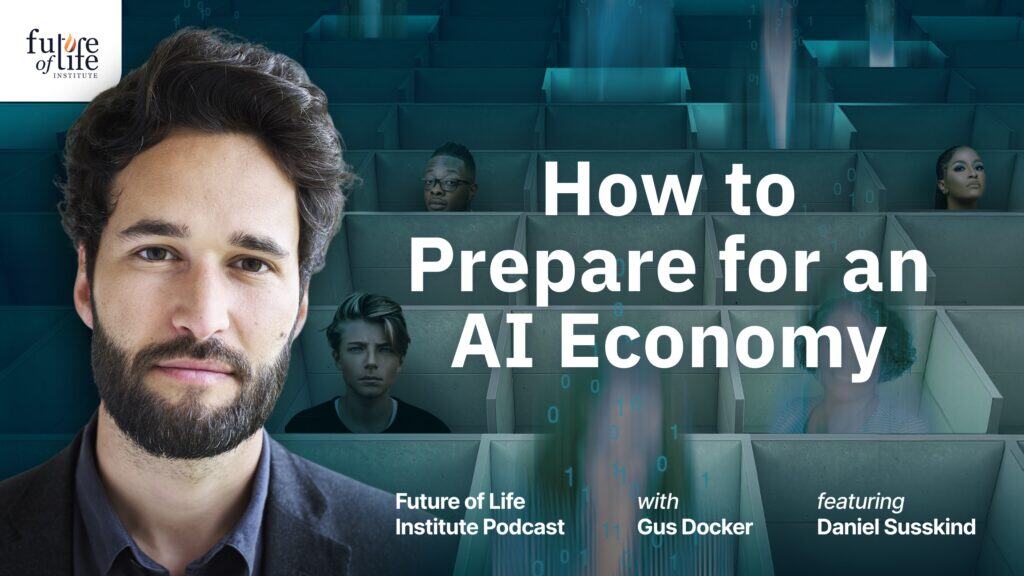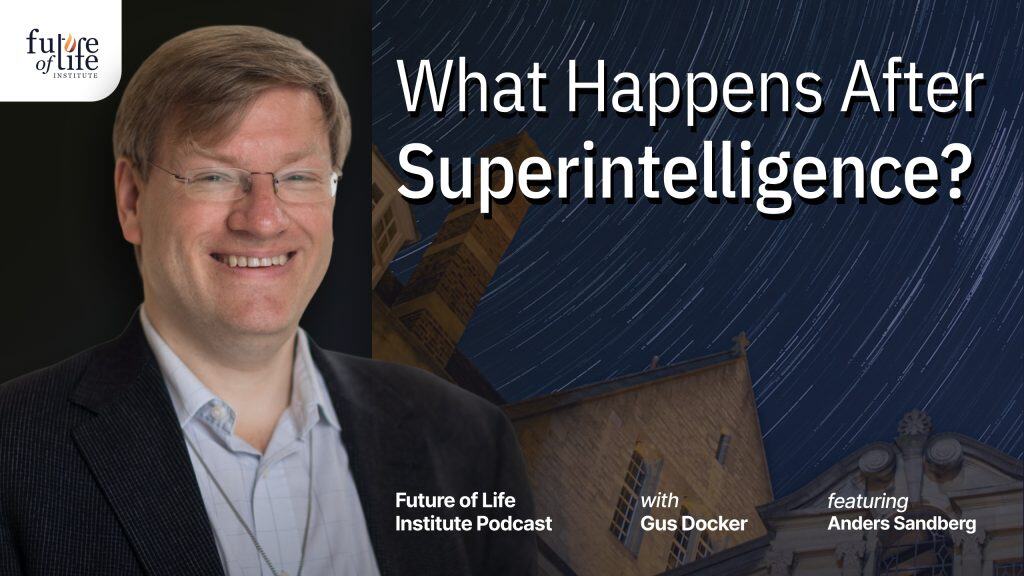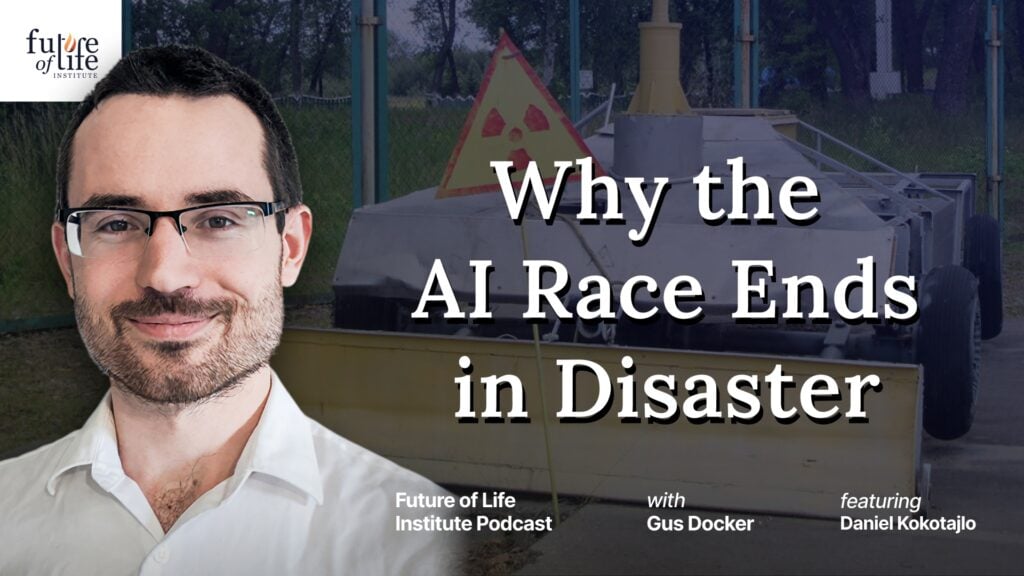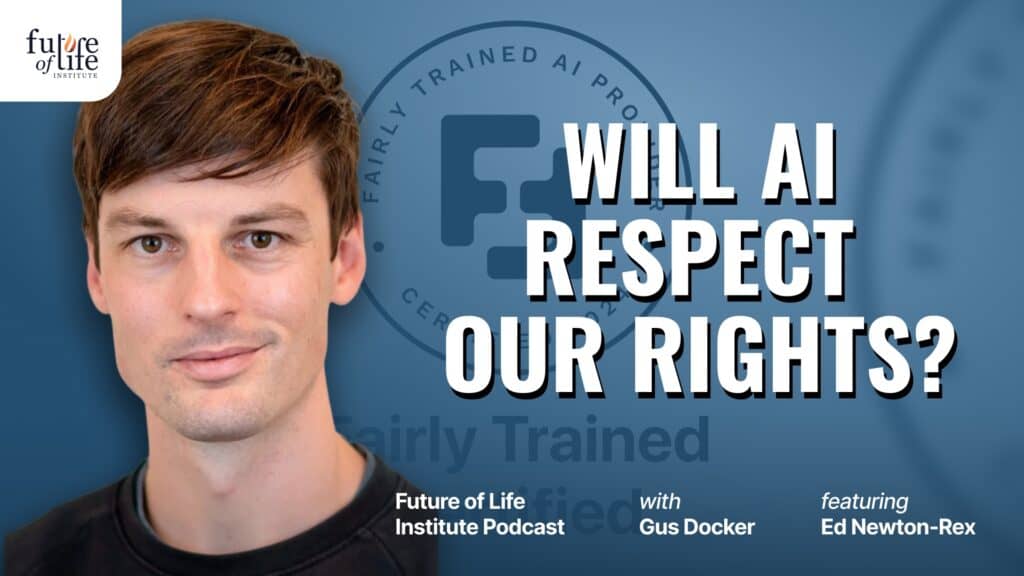Can Artificial Intelligence Save Thanksgiving?

Contents
REI, the outdoor retail company, has made headlines in recent weeks for its decision to not only remain closed on Thanksgiving and Black Friday, but also to provide all 12,000 of its employees with paid time off on those days. As Shep Hyken with Forbes says, REI has gone retail rogue.
Or have they? REI is hardly the only company to shut its doors on the holiday this year. And though many big box stores argue that they must remain open to be competitive, Amazon, the online behemoth, is on track to make record sales. Black Friday shopping now presents us with two interesting trends: 1) more people are getting the day off, and 2) a company synonymous with automation is set to reign on this shopping holiday.
Is it possible that the oft-maligned rise of robots could benefit society and that paid days off will be a thing of the future? Or is this another indication that the development of artificial intelligence will lead to massive job loss?
Many economics and AI researchers have been warning about the threat that robots, automation and AI pose to the job market. Corporate technology today relies heavily on automated systems, which may have some level of narrow artificial intelligence and which have already replaced many jobs. The fear is that as the technology advances, automated robots will become autonomous robots – robots that can move and ‘think’ on their own – leaving few, if any jobs for people.
Amazon, with its huge, increasingly automated warehouses, is a prime example of this. As the design of the warehouse robots allows them to organize, find, package, and ship products more efficiently, the need for human employees decreases. Other companies are either already in lockstep with Amazon’s technological advances, or they will be soon.
For those who want to see more employees spending the holidays with their families, this move toward automated, online shopping could be good news. But the obvious concern is that the family time will come at a price: unemployment. In a CNBC article, billionaire Jeff Greene warned: “In the not-too-distant future, humans in the workplace could go the way of the horse-and-buggy because of the ‘exponential growth of artificial intelligence.'” This fear is echoed by the likes of Stephen Hawking and Bill Gates.
However, with the holiday season upon us, it’s important to remember that all hope is not lost. If we look back through the history of technology, we see that big advances in technological capabilities do tend to displace workers initially. But the key word there is ‘initially.’ In fact, with every advance in technology to date, the labor market has actually grown and created more jobs. More than that, trends show that the number of dangerous, manual-labor jobs have declined sharply with technological advancements, while more thoughtful, caring jobs have increased.
Will artificial intelligence be different, creating a robotic workforce that no human can compete with, increasing the chasm between the superrich and everyone else? Possibly. But two other options also exist:
- The current technological trends could continue, with manual labor jobs declining and other types of jobs, like social media and caregivers.
- We could move toward a more utopian lifestyle in which the robotic workforce allows all people to enjoy a more leisurely lifestyle – like the Star Trek economy.
At the end of an interview on MSN about the concerns of artificial intelligence in the job market, Martin Ford was asked if there was anything optimistic he could add. He said, “If we adapt appropriately, if we end up with something like a guaranteed income, then it’s an incredibly optimistic, almost utopian scenario. You can imagine a future where no one has to do a job they hate, no one has to do a dangerous job, people have more time for their families, for leisure, for other important things, and everyone is better off.”
This Thanksgiving, as we enjoy family time together and possibly a few good deals on items we’ve been waiting for, let’s remember to be grateful for what we have and optimistic that, if we prepare properly, the “robot apocalypse” could usher in a new era of quality family time and leisure.
And every day could be like this year’s REI Thanksgiving.
About the Future of Life Institute
The Future of Life Institute (FLI) is a global think tank with a team of 20+ full-time staff operating across the US and Europe. FLI has been working to steer the development of transformative technologies towards benefitting life and away from extreme large-scale risks since its founding in 2014. Find out more about our mission or explore our work.
Related content
Other posts about AI




